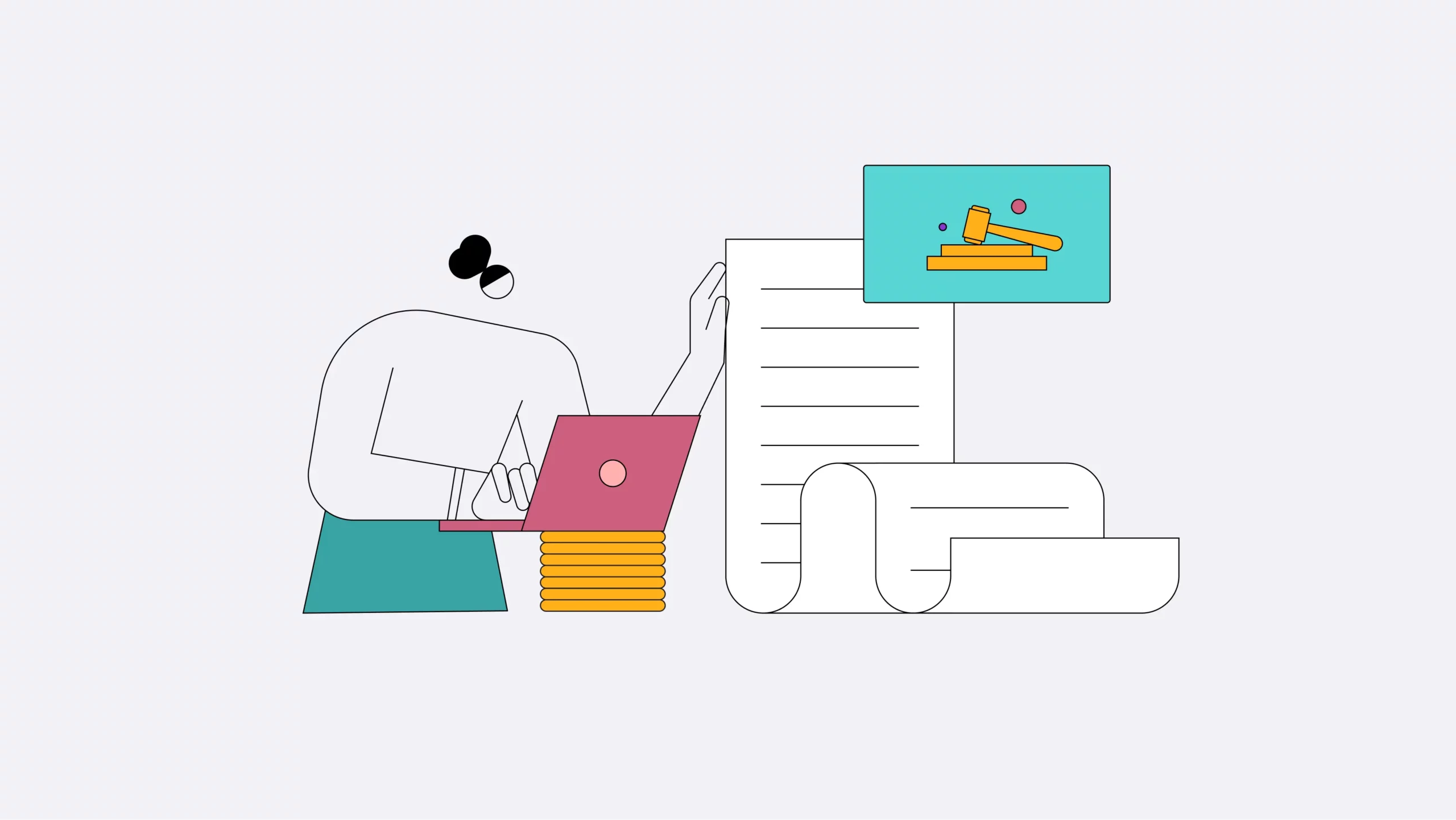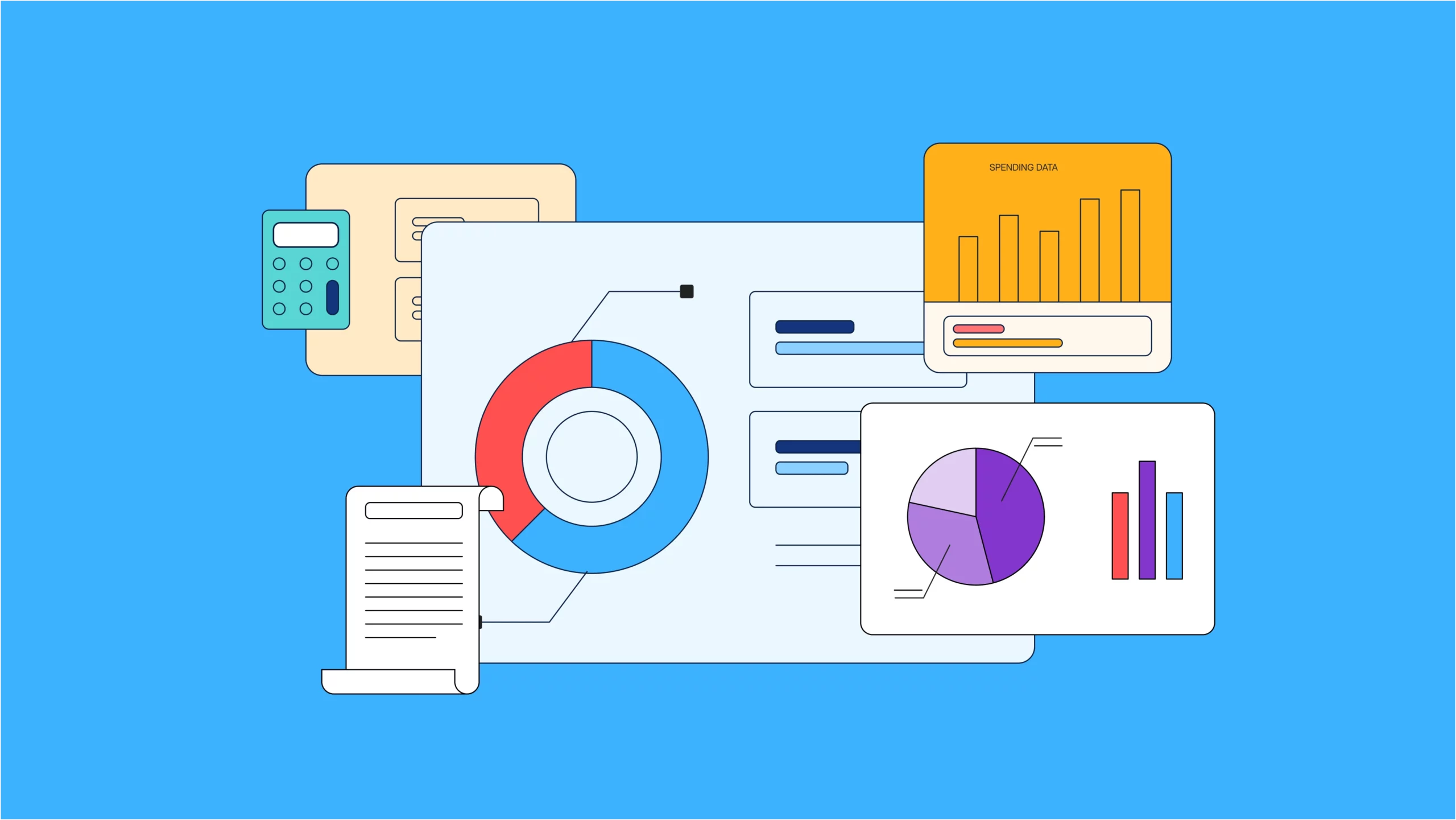Is your loan business truly financially inclusive?
Are you truly "Granting credit access to the underserved"? Is it just a spiel that you tell your customers and investors to give them more trust in your business? Find out if your loan business is truly inclusive.
3 alternative data to credit report for enhancing underwriting quality
Smart lenders must incorporate alternative data sources to improve underwriting and make more informed lending decisions.
13 female CEOs shaping the Nigerian credit ecosystem
What sets these female CEOs apart isn’t just that they’ve made it to the top—it’s how they’ve done it, and we're in awe!



